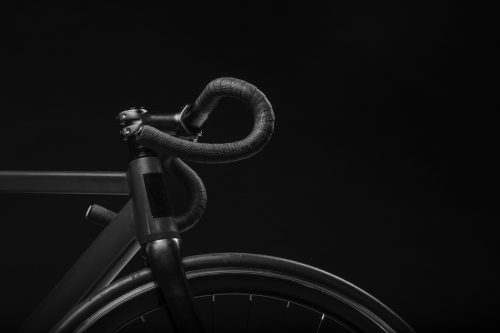Possessions can make us happier, but only if we own the right things.
I should note that this doesn’t mean possessions are a replacement for experiences and relationships and a rich internal life: most ideally, the things we own are mere additions to a fulfilled existence. They add spice to something that’s already satisfying and satiating.
But all too often, the things we bring into our lives become anchors instead of wings; they don’t slake our thirst, they just make us more parched. This can result in a spiral of consumption that, for many, lasts their entires lives.
It’s important to question one’s own feelings about things, because there is a consistent low-level manipulation happening around us at all times. Like having just a little more oxygen in the air than usual, it’s unlikely that we’d notice the addition, yet it can still influence our behavior, adjust our priorities, and even hijack our rationality.
Many of us don’t have experience doing the math that might help us ascertain what a thing is actually worth to us.
Is this thing I’m thinking about buying a subjectively valuable thing? Will it fulfill my needs, my wants, my priorities? Will it help me get where I want to be? Will the price I pay for it be a good investment? Will I net more than $500 of value from a $500 television? How much more? And what other costs, monetary and otherwise, are associated with owning such a thing?
I find that working through these figures helps pour cold water on the riled-up reflexes that can flare during holiday seasons and sales. Clever marketing elevates the tempo on our internal “must consume” chemical cocktails, and getting really specific, truly granular about how I intend to use something, and what specific value I will derive from it, helps me maintain a semblance of rationality, even when something is really cool and available at a deep discount.
Will I use this nifty device all the time? Will that use justify its cost and the space it occupies in my life and in my home? Is there some other way to achieve the same end without accruing a new possession? Is there some other way I’d rather be spending this money? Will I feel better knowing this money is there, in the bank, available at need in the future, or will I feel better knowing I’ve spent it—the money lost to me forever—on this thing?
We can make use of the systems that are out there, the same ones that try to manipulate us and which compel us to consume, but we can only do so if we know what we want, why we want it, and what it’s worth to us.
If we don’t have an understanding of ourselves and our hopes, needs, priorities, and yes, financial realities, then we can’t hope to consume intentionally. To buy assets, rather than just more stuff.
Colin Wright writes about minimalism and more at Exile Lifestyle.


